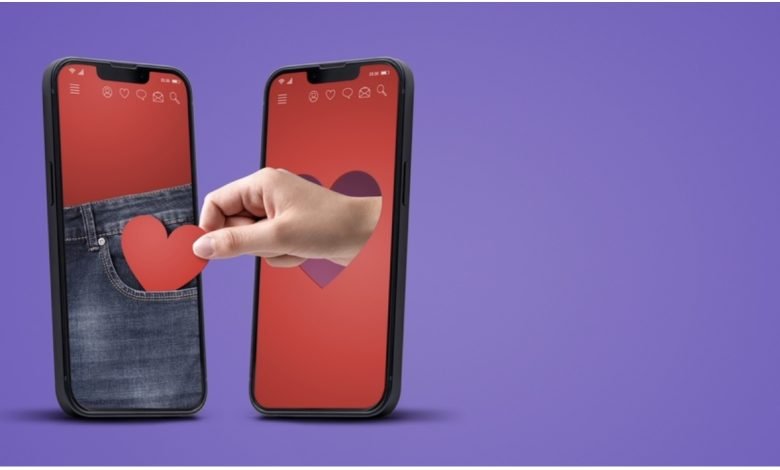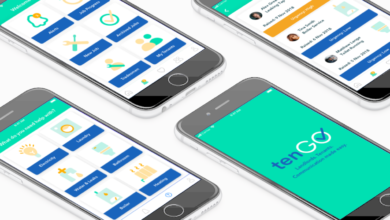“Sneaky Link App: A New Tool for Hookup Culture?”

In the world of dating and casual technology has played a significant role in facilitating connections and encounters. From swiping on dating apps to sliding into DMs, people have more ways than ever to meet and flirt with potential partners. However, some users want even more privacy and convenience when it comes to arranging casual hookups, which has led to the rise of the “sneaky link app.”
What is a sneaky link app?
A sneaky link app is a messaging or social media platform that allows users to create private groups or chat rooms with selected individuals or networks. The app’s name comes from the term “sneaky link,” which means a secret or spontaneous meeting with someone, often for purposes. Instead of posting public profiles or sending direct messages to strangers, sneaky link apps enable users to connect with people they already know or trust, such as friends, acquaintances, or even exes.
Some examples of sneaky link apps are:
- Telegram: A messaging app that offers end-to-end encryption, self-destructing messages, and secret chats that require passcodes. Telegram allows users to create channels or groups with up to 200,000 members, and share photos, videos, and files without limits.
- Discord: A social platform originally designed for gamers, but now used for various communities and interests. Discord offers voice and video calls, screen sharing, and customizable servers with channels and roles. Users can join or create public or private servers, and invite people by sharing links or QR codes.
- Snapchat: A multimedia messaging app that emphasizes ephemeral content and filters. Snapchat allows users to send snaps (photos or videos) that disappear after viewing, or stories (public or private posts that last for 24 hours). Users can also chat one-on-one or in groups, and use Bitmoji avatars to express themselves.
Why do people use sneaky link apps?
There are several reasons why people prefer to use sneaky link apps instead of traditional dating apps or websites:
- Privacy: Sneaky link apps offer more control over who can see their profiles or messages, and reduce the risk of catfishing, harassment, or public exposure. Users can choose to only share their contact details with people they know in real life, or use pseudonyms or anonymous handles.
- Convenience: Sneaky link apps allow users to skip the lengthy profiles or questionnaires, and focus on the moment. Users can quickly arrange a meetup or share a photo without having to exchange too much personal information or backstory.
- Fun: Sneaky link apps can add an element of thrill or spontaneity to casual hookups. Users can feel like they are part of a secret society or a forbidden fruit, and enjoy the excitement of sneaking around or breaking social norms.
Are there any risks or downsides to sneaky link apps?
Like any technology, sneaky link apps have their potential drawbacks and dangers:
- Security: Although some sneaky link apps claim to offer secure or encrypted messaging, there is no guarantee that their data or communications are fully protected from hacking, surveillance, or leaks. Users should be aware of the risks and take precautions such as using strong passwords, avoiding public Wi-Fi, or enabling two-factor authentication.
- Trust: Sneaky link apps rely heavily on trust and familiarity between users. However, even if someone seems like a friend or a former lover, they may have hidden motives or agendas. Users should be cautious about sharing too much personal or intimate information, and always prioritize their safety and consent.
- Ethics: Sneaky link apps can also raise ethical concerns about consent, boundaries, and power dynamics. For example, if one user initiates a sneaky link with someone who may not be interested.



